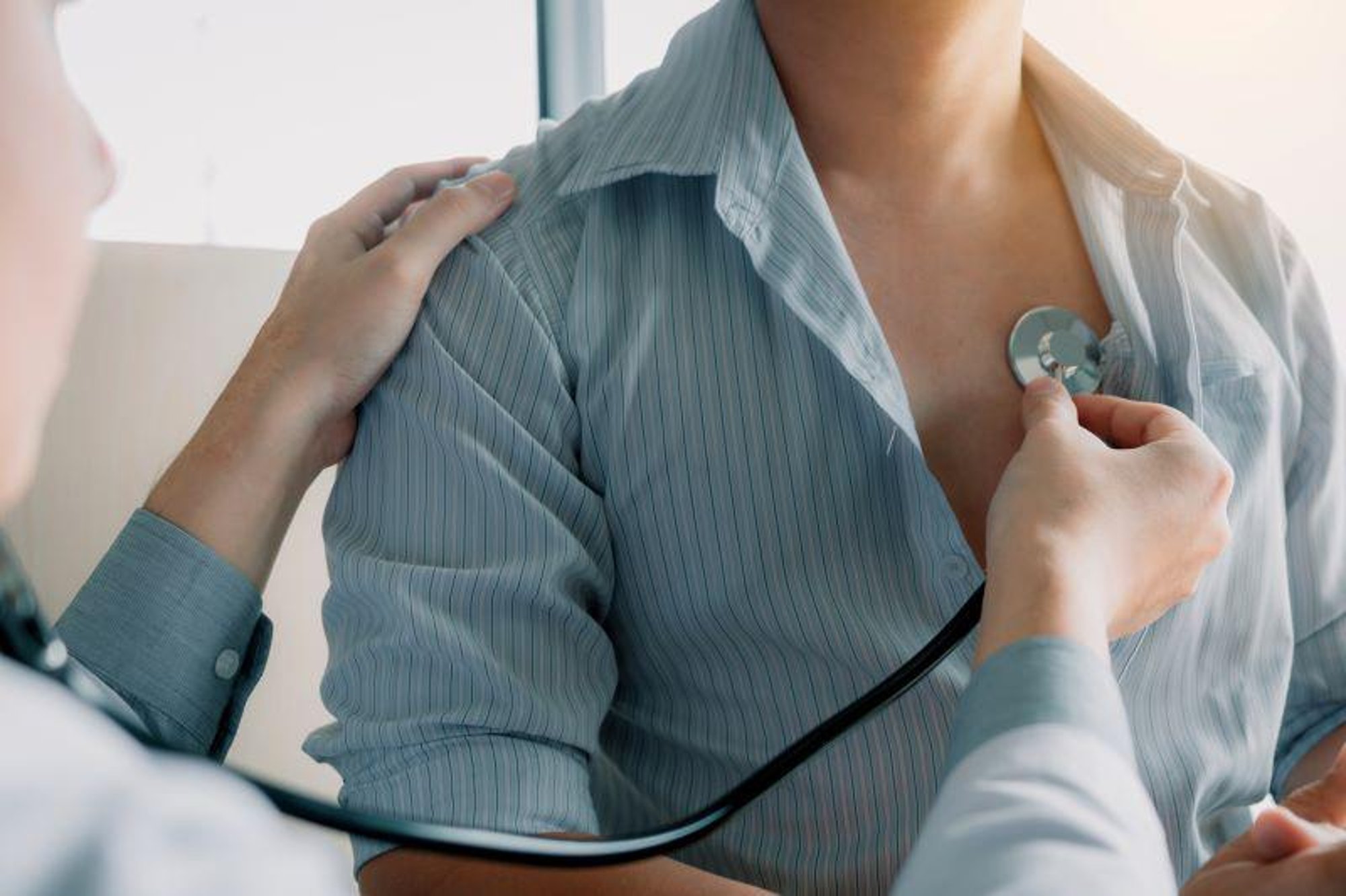Wearables Detect Physiologic Changes at COVID-19 Symptom Onset

FRIDAY, April 22, 2022 (HealthDay News) -- There are alterations in physiologically based parameters of heart rate around the time of COVID-19 symptom onset, which can differentiate symptomatic and healthy periods, according to a study published in the April 19 issue of Cell Reports Medicine.
Caleb Mayer, from the University of Michigan in Ann Arbor, and colleagues adapted a validated algorithm, developed to estimate daily circadian phase from wearable heart rate and step data. The algorithm estimates six total parameters; these parameters were estimated each day the patient had wearable heart rate data. A dynamic profile of the parameters was recovered for each individual, before and after COVID-19 infection.
The researchers observed significant alterations in the separate physiological features of basal heart rate, heart rate response to physical activity, circadian variation in heart rate, and autocorrelation of heart rate; these could differentiate symptomatic versus healthy periods. At symptom onset, increased heart rate and autocorrelation began, while the heart rate response to activity increased shortly after onset of symptoms, with a greater increase for individuals with cough. Symptom onset was associated with blunting of circadian variation in heart rate, indicated by uncertainty in the phase estimate.
"Identifying the varying patterns of different heart rate parameters derived from wearables across the course of COVID-19 infection is a substantial advance for the field," a coauthor said in a statement. "This work can help us more meaningfully follow populations in future COVID-19 waves."
Several authors disclosed financial ties to Arcascope, which makes circadian rhythms software, but did not sponsor the study. Several authors are inventors of intellectual property related to this study.
Related Posts
La escasez de medicamentos contra el cáncer persiste en EE.UU.
VIERNES , 6 de octubre de 2023 (HealthDay News) -- Los centros contra el cáncer...
En medio de la escasez de las pruebas de COVID, aumenta la especulación de precios
LUNES, 22 de enero de 2022 (HealthDay News) -- Mientras la variante ómicron...
Muchos hospitales no hacen caso a las directrices de las listas de espera de trasplantes de órganos: estudio
LUNES, 12 de junio de 2023 (HealthDay News) -- Muchos centros de trasplantes se...
How to Reduce Fever in Adults, According to a Doctor
You wake up in the middle of the night feeling like your body is on fire. What's...
